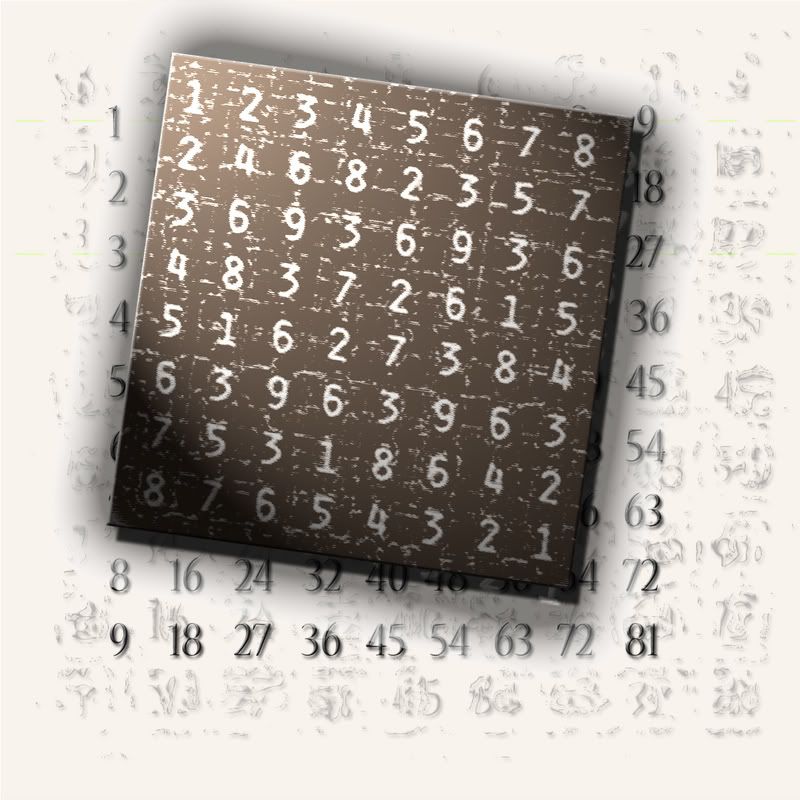Imagine awaking to find yourself in your body a year, two years, or five years in your past. Only your awareness is there, an observer to your actions - you have no control over your body or the choices you had then made - these are already set and determined. Although terrifying, this experience would at first also be fascinating - with the element of choice removed, you would be a static bystander, fulfilling absolutely the role of observer. After some time, your consciousness would drift, but unable to remove itself from the physical sensations aroused by the body's motion would soon fall into a state of identification with the experience, accepting the moment as its own.
The sense of boundary between the mind which experiences and the body which acts would blur. Subdued by its impotence, the mind would assure itself that the sense of control was unimportant - simply the experiences generated by the predetermined actions were the whole of its reality. As the moment of removal, the time when the consciousness was taken back into the past, approached and passed, the mind would feel no difference, still actions happened and the mind experiences. Its understanding of 'choice' has atrophied to nothing. Is there any difference at all? How can one tell?
If one analyses the psychological events surrounding an action outside of temporal awareness, they seem to ripple in both direction: prior, the coalescing of desire from nothing into the moment of electrical impulse, from brain to muscle. After, the fading of the memory from the moment of the experience to nothing - perhaps a trace remains, still gradually fading, etiolated and remoulded by contemplation.
The experience of motive and initiation is not necessarily any more important than the experience of memory. It need exercise no more definition than the memory over the actuality of the event. Physical laws retain their integrity when the direction of time is hypothetically reversed - could the same not be true of psychological laws?
--
I found this entry in my journal from 2002. It's an interesting thought experiment and demonstrates how the mind can assume the freedom of will. Many modern psychologists and neuroscientists argue that much of conscious thought happens after the decisions are made: that is, we create our motives after watching ourselves act. We delude ourselves that we are in control, while the subconscious and biological processes determine our response to our environments.
As Wittgenstein made clear, the self is not an epistemologically isolated entity, revealed through deliberate (consciously enacted) action. Consciousness comes to a belief/formulation of the self through watching one's own actions just as much as other people do. And, just as we perceive others and understand/postulate a 'self' encompassing these actions, as we know there is amind involved there that we can interact with, so we come to a belief about ourselves through perception of our own actions. We postulate agency, and a coherent single 'self' or 'nature' on our own behalf just as we do to others. But there is no single 'self'. There is no single 'me'. We are all a vague collection of actions, impulses and thoughts bagged together in the illusion of an identity. 'Self' is just a linguistic game. We should not be fooled by the pragmatic tools of our language into thinking there is some essential nature or object that they represent.

